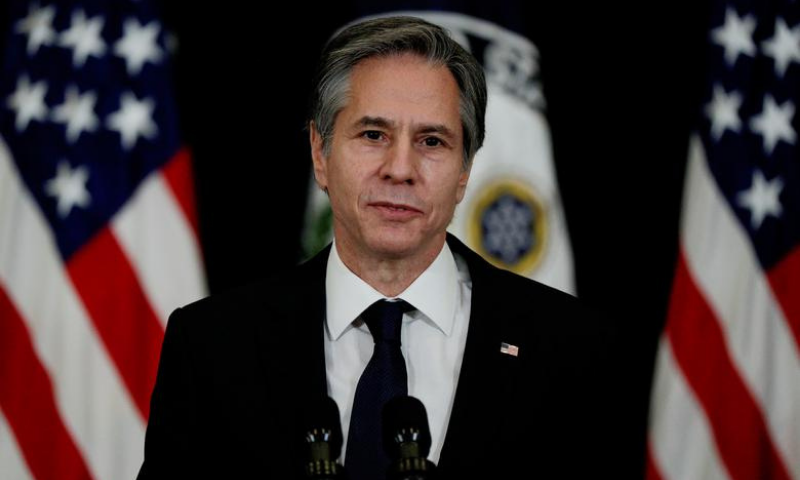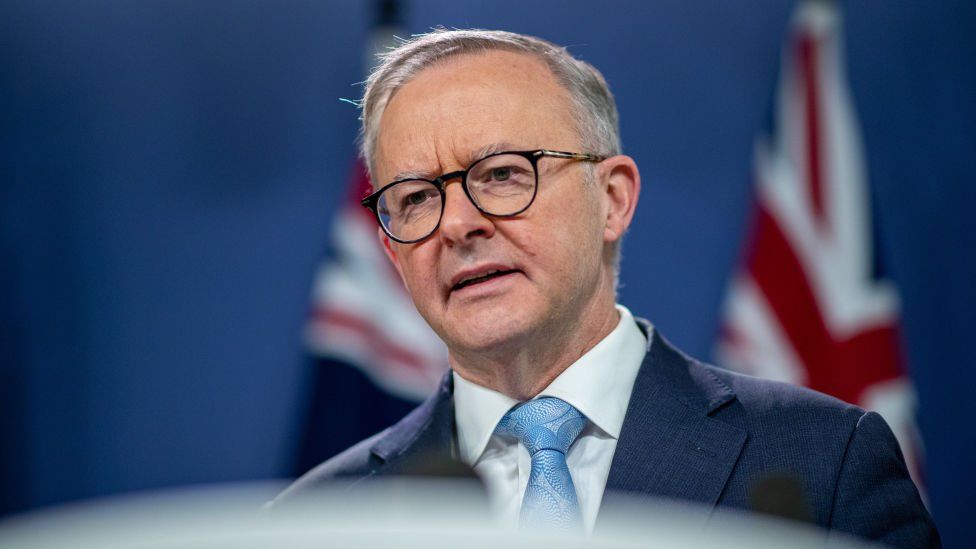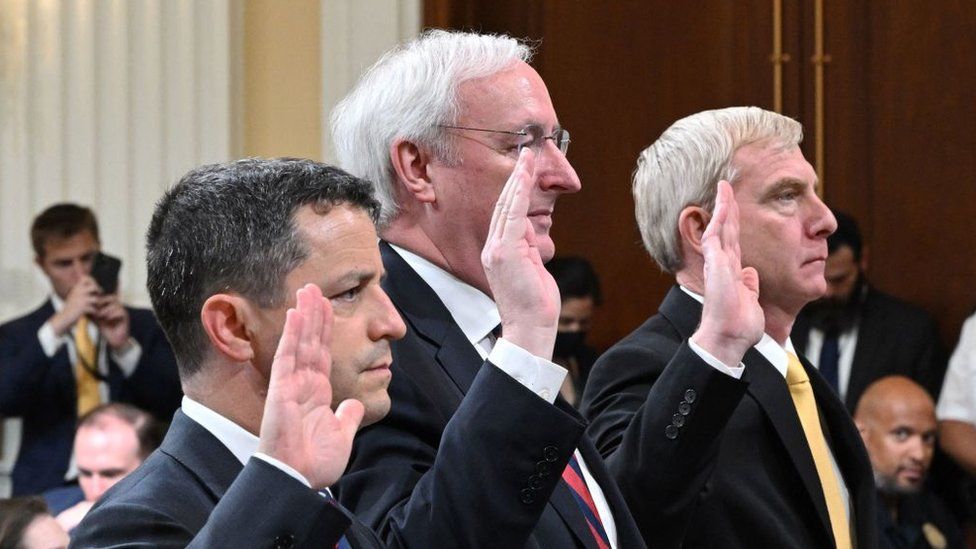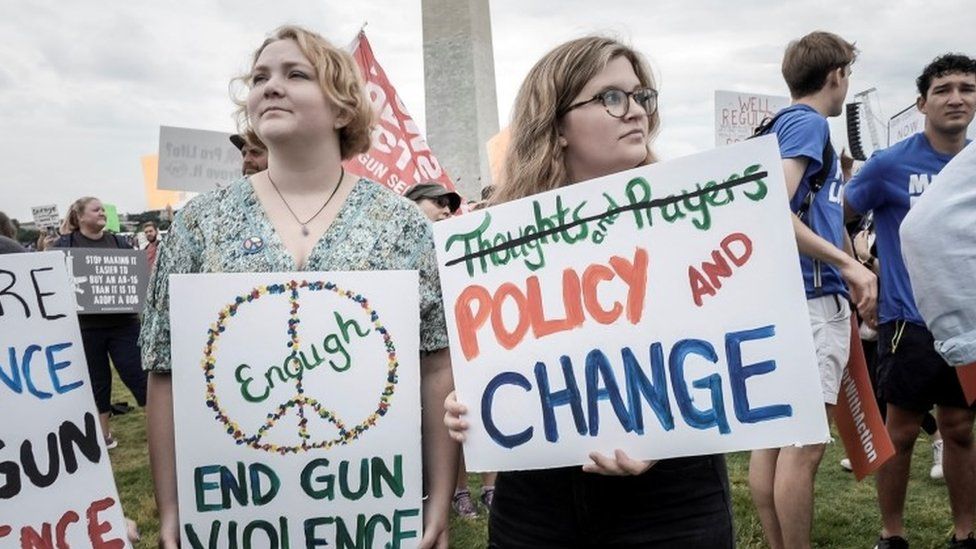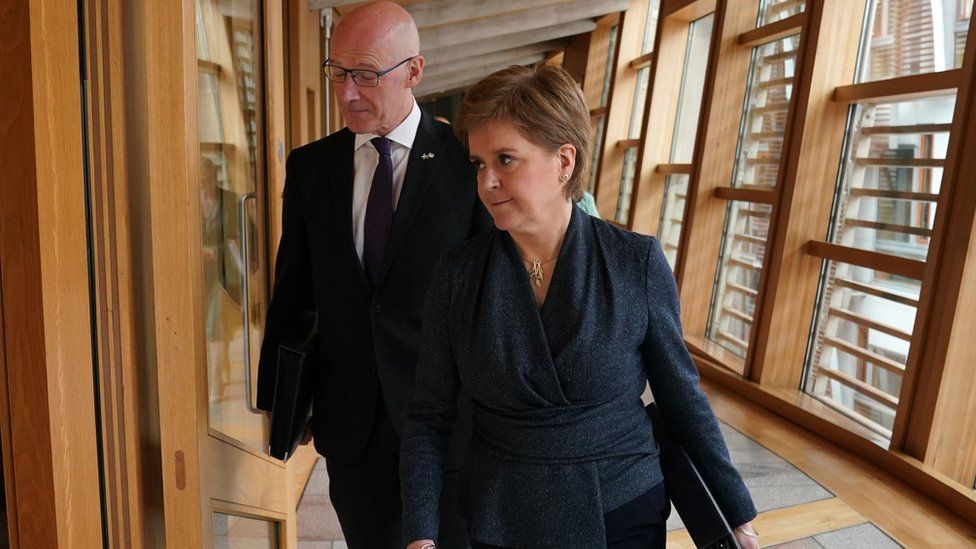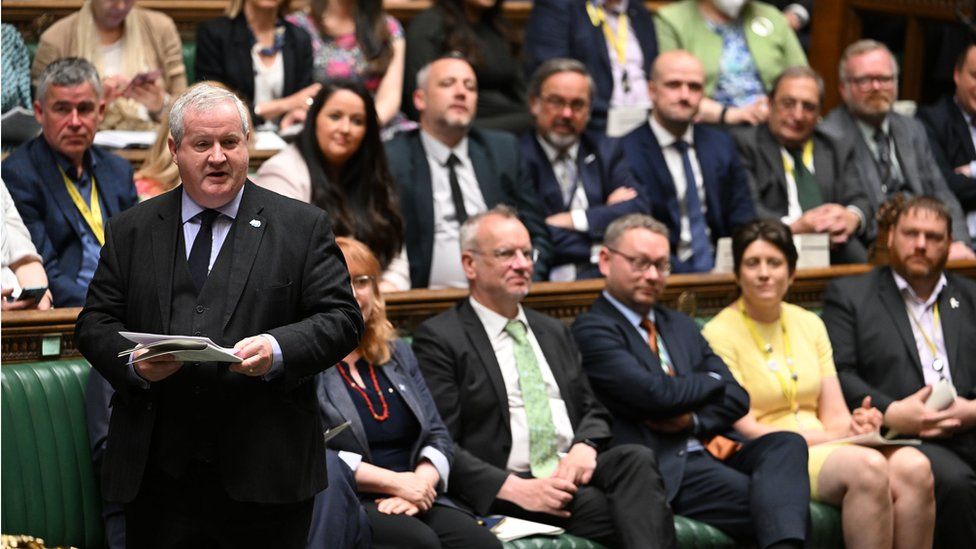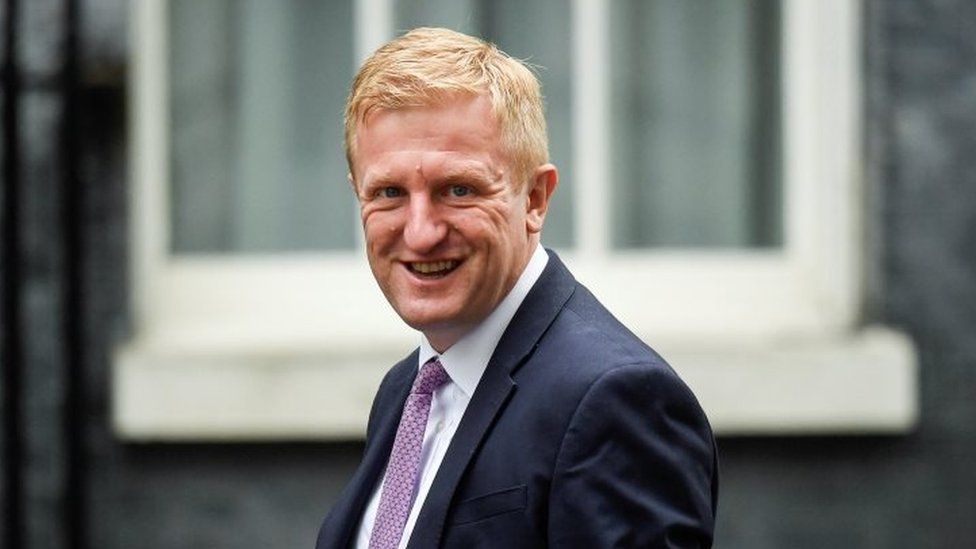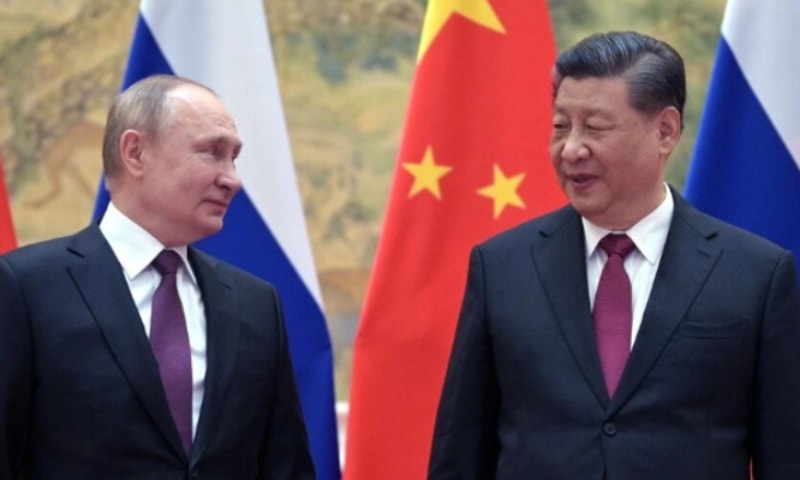A powerful earthquake hit Afghanistan on Wednesday morning, killing more than a thousand people, and causing injuries to many more.
“US humanitarian partners are already responding, including by sending medical teams to help people affected, and we are assessing other response options,” US Secretary of State Antony J. Blinken said in a statement issued by his office on Wednesday evening.
The Taliban government has not yet asked Washington for help, but it did call for “the generous support of all countries, international organisations, individuals and foundations” for dealing with this crisis.
Watchdog accuses State Department, USAID of withholding information about Afghanistan
Secretary Blinken said the people of Afghanistan had undergone extraordinary hardship, “and this natural disaster compounds an already dire humanitarian situation.”
Meanwhile, a congressional watchdog has accused the State Department and US Agency for International Development (USAID) of illegally withholding information from it about the US withdrawal from Afghanistan and about their dealings with the country’s Taliban rulers.
The Special Inspector General for Afghanistan Reconstruction (SIGAR) registered its complaints in a June 22 letter it sent to the secretary of State and USAID administrator.
The US media reported that the watchdog also shared this “blistering letter” with the US Congress, which gave SIGAR the mandate to audit US military and economic assistance to Afghanistan.
SIGAR chief John Sopko copied the letter to White House Chief of Staff Ron Klain and Director of the Office of Management and Budget Shalanda Young. In Congress, the letter was distributed among the chairs and ranking members of the House and Senate armed services and foreign affairs committees.
When asked for comments at a State Department news briefing, Spokesperson Ned Price did not deny SIGAR’s allegation. Instead, he referred to a report the watchdog published last month, detailing how the US-backed Afghan National Defence and Security Forces (ANDSF) collapsed under Taliban pressure.
“Our view is that the report does not reflect the consensus view of the State Department or of the US government,” Mr Price said. “Many parts of the US government, including the State Department, have unique insights into developments in Afghanistan last year that were not captured in the report.”
Referring journalists to the “many statements”, the State Department has issued, detailing its assessment of the situation in Afghanistan, Mr Price said: “We don’t concur with many aspects of the (SIGAR) report.”


